Teachers and pupils should not have any reason to be stressed about SATs, and it is up to headteachers to ensure that is the case, says Cassie Young
Exam season is upon us, and that brings with it the inevitable calls for the end of tests.
Jeremy Corbyn has pledged to eliminate SATs in year six (the government are already phasing them out in year two, because they’ve brought in a reception baseline assessment to replace them – which he would also scrap). I think this is a bad idea, because SATs help schools, parents and children.
SATs help primary and secondary schools. For primaries, they are, along with the incoming reception baseline, the fairest way to judge how they are helping their pupils progress, and they ensure consistency between schools.
They focus on a few key competencies, but they shouldn’t lead to those areas dominating the curriculum. If they have at some schools, it is because of poor leadership, not the tests themselves; there is plenty of time for Maths and English as well as the arts, sciences and humanities. Now that Ofsted are set to develop a much stronger focus on curriculum, hopefully these days are behind us.
They’re important for secondaries too. SATs data helps them understand the pupils comprising their intake, meaning they can provide the right support from the start. It is the most disadvantaged pupils who are disproportionately not ready to make the step up, meaning they have the most to gain from such early targeted support, but all pupils benefit from getting it.
Removing formal assessments would make it harder to spot issues
The data also helps parents as one of several indicators to the work of a school and how their child may fit in. I would never say a parent should base their decision solely on SATs results (and the progress measures that come from them), but they are a helpful indicator to be used alongside things such as a school visit and an Ofsted grade.
The main counter-argument against these assessments is that they put too much pressure and stress on pupils, but that need not be the case. In younger years pupils should not realise they are even taking a test, and whilst this may not work with eleven-year-olds, there is certainly no reason why they should be worried about them.
SATs are about assessing the work of a school, and have no consequences whatsoever for pupils; if they are worried, it’s probably because stressed teachers have placed that pressure upon them, usually because they themselves are under pressure from demanding senior leaders. This is something that we have to work to stop in schools (and, thankfully, I think it is only a minority of primaries where this is the case); teachers and pupils should not have any reason to be stressed about SATs, and it is up to headteachers to ensure that is the case.
The other key criticism over-testing, but this is nonsense. Pupils going forward will be assessed formally in their school careers by the baseline, the phonics and times tables checks, SATs and GCSEs. That’s five times across twelve years; hardly a tsunami of exams, particularly when you consider how short the first few are, and that pupils shouldn’t even know they are being assessed in the first three.
I don’t see any fairer option
Removing such formal assessments would make it harder to spot issues for schools and children. Pupils would potentially be able to drift through nearly their whole school career without problems being identified, and this would disproportionately effect those who need the support the most.
As for an alternative, I don’t see any fairer option. If we accept that schools need to be held accountable for the service they provide the public – already debatable in certain corners – then we need to see how the children are doing. The main alternative is teacher assessment, and judging by Jeremy Corbyn’s language, this is the route that Labour would go down.
But the research suggests that this is unfair to disadvantaged pupils due to unconscious bias creeping in. Teachers aren’t deliberately marking down the disadvantaged pupils in their class, and they’d probably be horrified at suggestions that they are, but the data shows that is what happens. External moderation of a formal assessment is the best way to ensure that all pupils get a fair hearing, regardless of their background.
Abolishing SATs is not as black and white as it seems. The main issues people have with them tend to be more down to schools than the tests themselves, and the benefits they provide are often forgotten or ignored. Maybe, with a bit of luck, next year people will remember that before launching into the same arguments.
Cassie Young is head of school at Brenzett CofE Primary School, part of the Aquila multi-academy trust
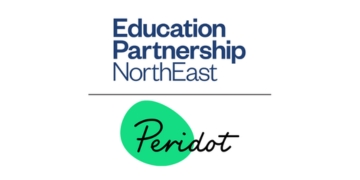

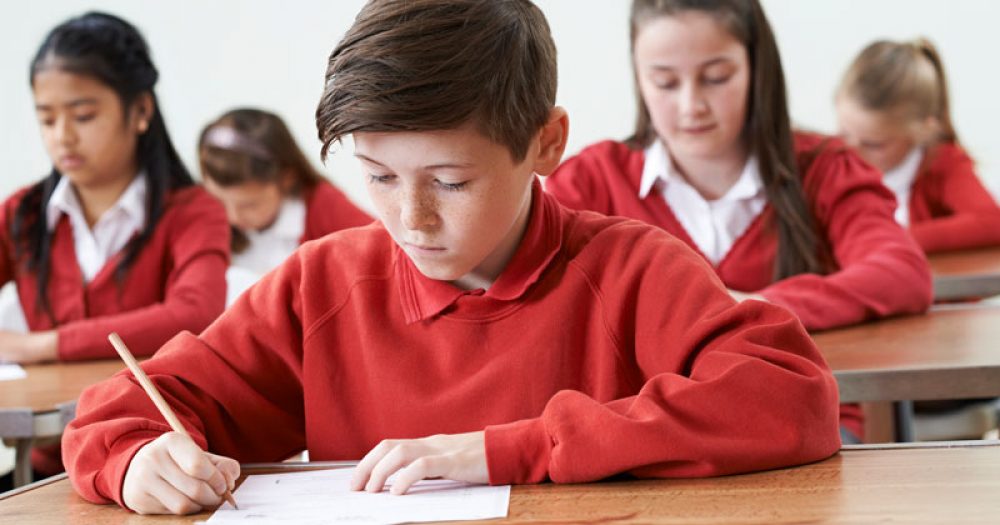
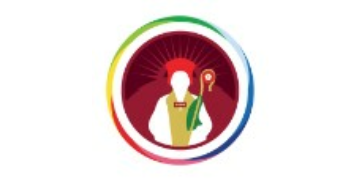

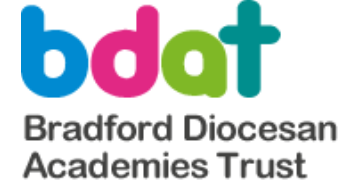
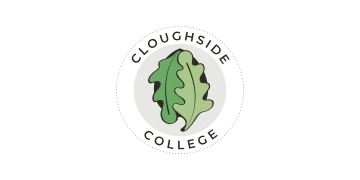

The Labour proposal to scrap SATs (and baseline assessments) isn’t perhaps quite as shocking as the fact that Labour intends to put someone who left school at 16 with no qualifications in charge of education.
This is not to say that we shouldn’t consider alternatives to SATs, which undoubtedly lead to frenetic cramming in Year 6. Tests should be integral to teaching and learning, very much as it was until the Plowden revolution. Routine low-stakes testing leads to vastly higher retention of knowledge, which in turn improves pupil engagement and motivation.
I was educated pre-Plowden and the only national test I took at primary school was the 11+.
National mandatory tests at primary level are unnecessary. Most countries don’t have such high-stakes tests despite Hinds’ assertion that they do. They don’t tell teachers anything they don’t already know. They distort the curriculum and encourage cramming. Even worse, they have no educational value.
How can you possibly say SATs have no consequences for pupils? Secondary score progress measures and predictions are based on KS2 SATs scores. If a pupil gets a high SATs score, the expectations of that pupil are completely different from one with a low score. Teacher expectation makes such a difference. Presumably you understand this at a primary level, ie KS1 scores to KS2, same applies at secondary.
Things have got worse for pupils now we have the magic 100 score. Despite teachers and school constantly saying this is not a pass mark, it is increasingly seen as such by pupils and parents.
End of Key Stage assessments are not a problem at all in themselves. Start using them in high stakes ways and we have the situation we are in now.
Absolutely agree that the high stakes nature of EoKS assessments is the main problem, especially when combined with the naïve analysis encouraged by lack of contextualisation.
Disagree that the consequences for pupils you outline are a necessary part of SATs though. We should distinguish between “predictions” and “estimates” for a start – statistical models provide estimates…..teachers provide predictions.
Also, the evidence for teacher expectations driving pupil performance is complex and problematic in many ways, but it is almost certainly minimal compared to all the other factors. A good school will, amongst so much else, seek to maximise pupils’ exam results and leaving a pupil to coast is not an option now, and shouldn’t be in the future, no matter the accountability regime.
I am shocked by the statement that Headteachers and senior leadership teams need to take the pressure off the children and it is all down to them to ensure the children are not stressed. We spend many weeks preparing our children mentally with well being packs, mindfulness sessions and light hearted “it’s not important please do not worry” conversations. Our children are resilient, brave and intuitive but at 10 and 11 are intelligent enough to work out that their ‘flight path’is being mapped out for them on the result of a one hour test. They want to do their best achieve ‘expected’ be in line with their peers… who wouldn’t? Take that measure away and what would we be left with? Robust, rounded teacher assessment presented to high schools with realistic and accurate on going assessment data that has informed the last 4 years of their KS 2 learning. No ‘judgement’ no ‘scaled score’ no average and most importantly no cap on where they can go and how high they can achieve. Our assessment frameworks for writing are not in question here… writing assessed over time. Why can’t the rest of their journey be measured this way? To say that children would fall through the net or slip off the radar is quite frankly insulting to our profession. SATS make absolutely NO difference to the support we put in to place for our pupils- we care about each an every individuals progress and would continue to assess alongside the child and their families to give them the greatest possible chance. Your school looks lovely and in a very affluent area- but please consider inner city hard pressed areas- fighting to support the childrens mental health and well being. Do the SATS enable these children? Excite and inspire? Surely you don’t believe there isn’t a better way to support children’s progress (because that.is what we are aiming to do) other than formal 1 hour testing?
I understand the idea of an opinion piece, but it is certainly worth putting the case from schools in inner cities and the highest areas of deprivation, as well as those with high proportions of pupils whose first language is not English. In schools like this, the pressure to perform in statutory assessments rules everything and has led to a gross narrowing of curriculum in many schools battling to keep attainment up. These are the children who would benefit most from a rich curriculum of arts, sport and humanities, thus underlining how unfair the system is. I understand the sentiment of the article but to effectively say, “If SATS aren’t just a minor inconvenience in your school, you probably just don’t have great leadership ” is, frankly, somewhat offensive.